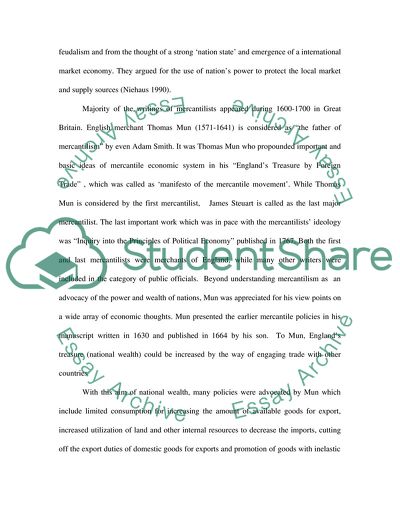Cite this document
(Origin and History of Mercantilism Case Study Example | Topics and Well Written Essays - 2000 words, n.d.)
Origin and History of Mercantilism Case Study Example | Topics and Well Written Essays - 2000 words. Retrieved from https://studentshare.org/macro-microeconomics/1751181-history-of-economics-summary-mercantilism
Origin and History of Mercantilism Case Study Example | Topics and Well Written Essays - 2000 words. Retrieved from https://studentshare.org/macro-microeconomics/1751181-history-of-economics-summary-mercantilism
(Origin and History of Mercantilism Case Study Example | Topics and Well Written Essays - 2000 Words)
Origin and History of Mercantilism Case Study Example | Topics and Well Written Essays - 2000 Words. https://studentshare.org/macro-microeconomics/1751181-history-of-economics-summary-mercantilism.
Origin and History of Mercantilism Case Study Example | Topics and Well Written Essays - 2000 Words. https://studentshare.org/macro-microeconomics/1751181-history-of-economics-summary-mercantilism.
“Origin and History of Mercantilism Case Study Example | Topics and Well Written Essays - 2000 Words”. https://studentshare.org/macro-microeconomics/1751181-history-of-economics-summary-mercantilism.


